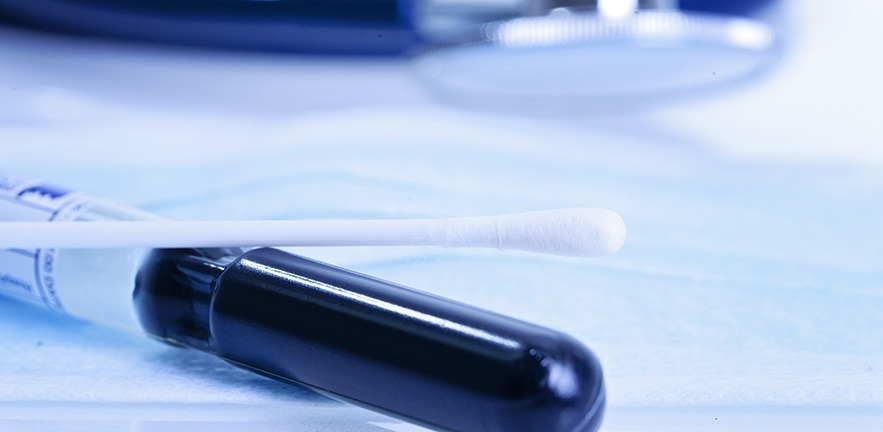Two Cambridge entrepreneurs – Anya Roy and Chantelle Bell – co-founded a startup aiming to help women to detect early signs of cervical cancer and other gynaecological diseases. We talked to Anya to find out more.
The idea for the health-tech business came up while Anya was studying for her Masters in Bioscience at the University of Cambridge, where she met her co-founder: “One day after class, we came onto the topic of pap smears and how we all dreaded having it done, however, we knew the importance of checking for our own reproductive health.”
They concluded through research that the women’s health sector has historically lacked innovation and therefore investment, so Anya and Chantelle decided to launch Syrona Women to work on a device to help women detect gynaecological cancer and other diseases such as endometriosis, a tissue disorder affecting the uterus. The venture was supported by the Accelerate Cambridge programme run by the Entrepreneurship Centre at Cambridge Judge Business School.

According to the NHS, cervical cancer often has no symptoms in its early stages, so women seeking clarity should see a GP for referral to further tests. “Syrona enables women to test themselves on a regular basis as many women suffering with gynae conditions are asymptomatic in the early stages. But this is not a substitute to visit the GP and we always encourage women to do so if they’re ever in doubt,” Anya says.
The team hopes to set up an online testing service which allows women to order kits to test for fertility, endometriosis and gynaecological cancers by the end of 2019. They also plan to launch an app to complement the kit and provide instructions on how to do the test. The information then can be stored on a personal device and shared with a doctor.
Anya says the mission of Syrona Women is to make the procedure as easy and affordable as possible: “Very often we hear that women are too busy with work or family and don’t have time to go to a GP for a smear test or other health issues. If the disease is not caught in time the consequences can be very sad. Our device will allow women to check their reproductive health at home at their convenience, and spot the early signs of cancer.”
The startup was officially launched in April last year, and Anya and Chantelle are currently looking to hire a chief technology officer and a clinical scientist.
One of the biggest challenges is raising money for a female-founded and female-oriented startup. Statistics show that only 2% of female founders raise investments of over £1 million, Anya says. “Most investors tend to be male who may not necessarily grasp the need for such a women’s health product by virtue of not being female themselves.”
But she says launching the business in Cambridge is helpful, as “there is a lot of support and good ecosystems, but at the same time there’s a high concentration of health-tech startups and you’re competing with them when pitching to the same investors.”
Hanadi Jabado, Executive Director of the Entrepreneurship Centre, said: “Today, Chantelle and Anya are disrupting the healthcare industry by turning the spotlight on women’s healthcare, a subject previously taboo, and by developing a simple home test that has the potential to alleviate pressure on healthcare services and save millions of lives by early detection.”
Plans for the future? Anya says their goal is to help women, so the social aspect of the business is very important. “Even if we help just one woman to detect disease early – that would count as success. For us it is important to stick to the legacy we want to create.”
This article is part of Venturing forth, our new series on the aspirations and challenges of ventures connected to students, alumni and others associated with Cambridge Judge Business School.


